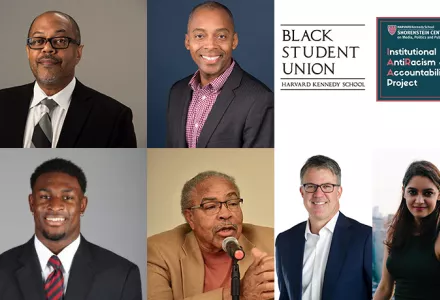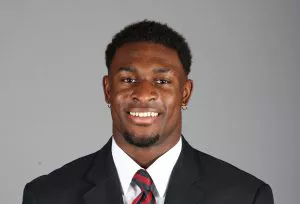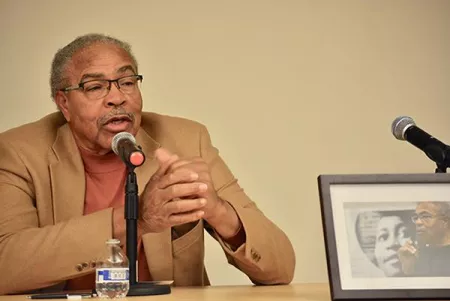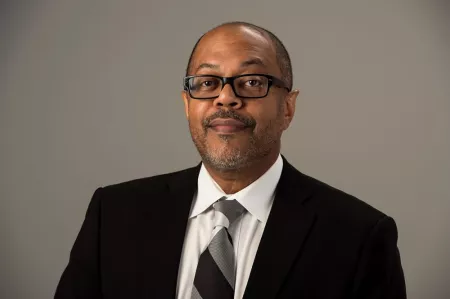Telling Black Stories | What We All Can Do
Click here to see the full event video and thoughts from the panelists »
In honor of Black History Month, please join the Belfer Center and DK Metcalf, Seattle Seahawks; Reverend Wheeler Parker Jr., Argo Temple Church of God in Christ; Kevin Merida, Senior VP and Editor-in Chief, ESPN, “The Undefeated” and Khalil Gibran Muhammad, HKS Professor. This panel will be moderated by HKS MPP candidate Ratna Gill, a communications consultant with the Emmett Till Interpretive Center and Eric Rosenbach, Co-Director, Belfer Center.
Seattle Seahawks wide receiver DK Metcalf recently announced that for the month of February, he would be using his social media presence to tell the story of Emmett Till, in honor of Black History Month. Emmett Till was a 14-year-old Black boy who was murdered in 1955 for allegedly flirting with a white woman. This panel will discuss the significance of truth-telling and the reconciliation that can result from the acknowledgment of this country's racialized history. Participants will learn about actions that each of us can take to ensure that we are engaging in critical conversations about race and justice, not just during this month but every day.
This event is co-sponsored with the Institutional Antiracism and Accountability Project at the Shorenstein Center and the Black Student Union.
While this virtual event is on the record, the event organizers prohibit any attendees, including journalists, from audio/visual recording or distributing parts or all of the event program without prior written authorization.
Registration is mandatory for this webinar.







